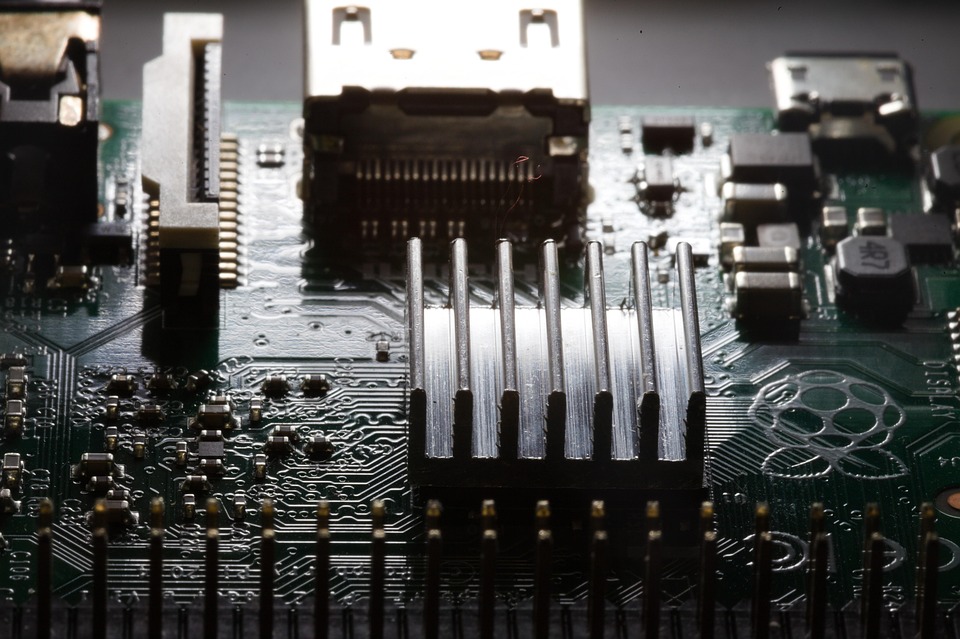The Future of Work: How IoT is Reshaping Business Operations
As technology continues to evolve at a breakneck pace, the Internet of Things (IoT) has emerged as a transformative force across industries. From manufacturing on the factory floor to managing supply chains, and even enhancing customer experiences, the IoT is redefining the way businesses operate. As we look toward the future, understanding how IoT reshapes business operations becomes crucial for staying competitive in an increasingly interconnected world.
Understanding IoT: A Brief Overview
The Internet of Things refers to the network of physical devices embedded with sensors, software, and other technologies to connect and exchange data with other devices over the internet. Think smart appliances, connected vehicles, and wearable technology. As of 2023, it is estimated that there are billions of IoT devices worldwide, generating vast amounts of data that businesses can harness for improved decision-making.
Enhancing Operational Efficiency
One of the most significant benefits of IoT is its ability to enhance operational efficiency. Sensors in manufacturing facilities can monitor machine performance in real-time, predicting maintenance needs before breakdowns occur. This not only minimizes downtime but also saves on repair costs and extends equipment life.
In logistics, IoT devices can track shipments, monitor conditions (like temperature for perishables), and provide real-time updates to stakeholders. Businesses can make more informed decisions, reducing delays and improving overall efficiency in supply chains.
Data-Driven Decision Making
IoT generates a wealth of data that can be analyzed for actionable insights. Businesses can leverage this data to understand consumer behavior, optimize inventory levels, and refine marketing strategies. For example, retail businesses can analyze foot traffic patterns to optimize store layouts, leading to increased sales.
Moreover, predictive analytics powered by IoT data can forecast trends, enabling companies to adapt proactively rather than reactively. This agility in decision-making is vital as markets and consumer preferences continue to shift rapidly.
Enhancing Workplace Safety and Environment
In sectors such as construction or manufacturing, worker safety is a paramount concern. IoT devices can monitor environmental conditions, detect gas leaks, or track worker movements to ensure safety protocols are followed. Wearables can even alert workers to potential hazards, mitigating risks before they result in accidents.
Creating a safer workplace is not just about compliance; it’s also about fostering a positive company culture and improving employee morale. When workers feel safe, they’re more productive and engaged, which ultimately benefits the business.
Revolutionizing Customer Experience
IoT is not just changing how businesses operate internally; it’s also transforming how they interact with customers. Smart devices can collect customer feedback in real-time, allowing businesses to tailor products and services to meet specific needs.
Companies can also use IoT to create personalized experiences. For instance, smart home devices can learn user preferences and adjust settings automatically, delivering a customized experience. This level of personalization can drive loyalty and increase customer satisfaction.
Challenges and Considerations
While IoT presents numerous opportunities, it also comes with challenges that businesses must navigate. Security and privacy concerns are among the top issues, as an interconnected network increases vulnerability to cyberattacks. Companies must invest in robust cybersecurity measures to protect sensitive data.
Additionally, integrating IoT technology with existing systems can be complex. Businesses will need to ensure that their infrastructure is adaptable and that employees are adequately trained to work with new technologies.
Looking Ahead: The Future of IoT in Business
As we step further into the future, the role of IoT in business operations will only grow. Technologies like 5G will enhance the connectivity and speed of IoT devices, facilitating even more sophisticated and data-driven operations.
Moreover, artificial intelligence (AI) and machine learning (ML) combined with IoT will allow for even deeper insights and automated decision-making processes. Imagine AI analyzing real-time data from smart devices to recommend operational adjustments on the fly, leading to unprecedented efficiency in business operations.
Conclusion
The Internet of Things is reshaping business operations in profound ways, from enhancing efficiency and safety to revolutionizing customer interactions. While challenges remain, the potential for innovation and growth makes IoT an essential aspect of the future of work. As businesses adapt to these changes, those that embrace the full capabilities of IoT will be well-positioned to thrive in the next era of commerce.


